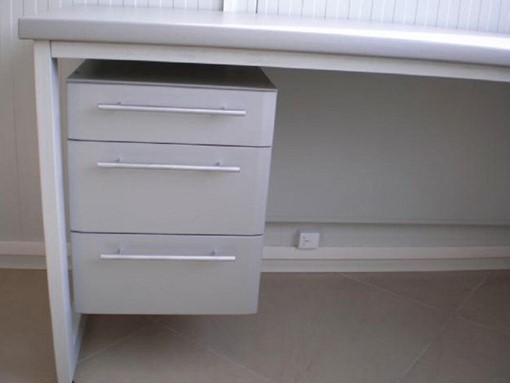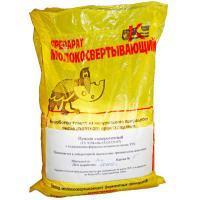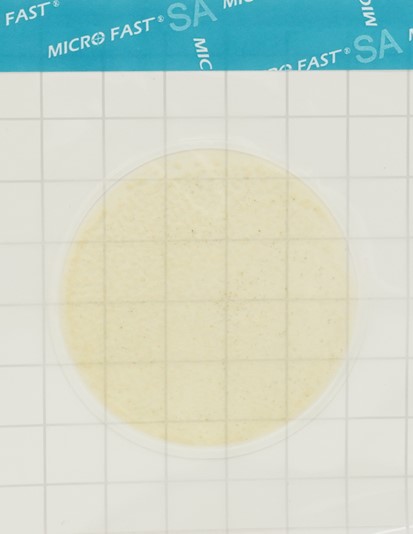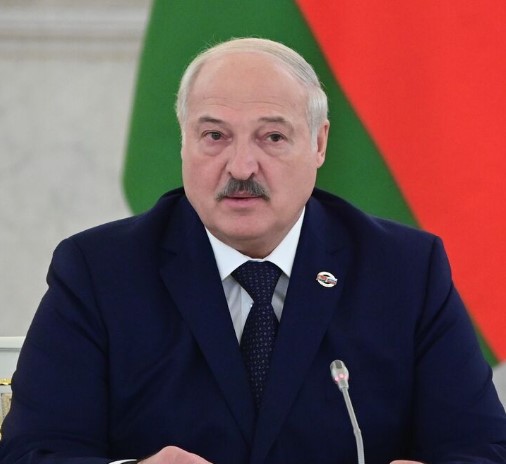Sovcomflot's Profits Down Almost 34%: What Investors Should Expect
PAO Sovcomflot (FLOT) reduced its adjusted net profit to RUB 43.3 billion for the first nine months of 2024 , according to the company's interim consolidated financial statements published on November 15. The figure is 33.7% lower than in the same period in 2023, when it amounted to RUB 65.3 billion.
The company's revenue decreased by 16.5%, from $1.76 billion for January-September 2023 to $1.47 billion this year. EBITDA decreased by 31.5%, from $1.242 billion to $851 million. The company's earnings per share decreased from RUB 27.48 to RUB 18.25.
In the report, the company indicates that the adjusted net profit for the period was provided "due to a stable level of operating income, taking into account the significant provision of the fleet with long-term contracts." The limiting factor for Sovcomflot's work "was the introduction of new sanctions," but the company continues "systematic work to overcome emerging challenges."
Back in February 2022, the United States imposed sanctions against Sovcomflot and added the company to the Non-SDN Menu-Based Sanctions List (prohibits the company from raising debt and equity financing from American investors). Since spring 2022, the company has also been under UK sanctions . In February 2024, Sovcomflot was included in the "main" SDN sanctions List (meaning a complete ban for US citizens and legal entities to conduct any transactions with it). The SDN list also included 12 cargo ships that the US Treasury Department associates with the company: Anatoly Kolodkin and Ostrov Sakhalin (both flying the Panamanian flag), as well as Georgy Maslov, Krymsk, Liteiny Prospekt and others. In June 2024, the operator was included in the 14th package of EU sanctions .
An RBC source in one of the shipping companies suggests that the company may face problems with repairing its large-tonnage vessels at foreign shipyards, since in some cases it is forced to look for workarounds for supplying components. This reduces the amount of time that the vessels are in operation. "But the market situation is good today," the RBC source notes.
Sovcomflot is the largest Russian operator of large-tonnage fleet, which is used to supply hydrocarbon raw materials to foreign markets. In May 2022, the company's fleet in operation (own vessels in operation) numbered 134 vessels. The company services the Sakhalin-1, Sakhalin-2, Varandey, Prirazlomnoye, Novy Port, Yamal LNG, and Arctic LNG-2 projects.
Sovcomflot's statement emphasizes that "the company confirms its commitment to the goal of paying annual dividends at the level of 50% of adjusted annual profit under IFRS in rubles." At the same time, the decision on profit distribution and dividend payment for 2024 will be made at the annual general meeting of shareholders in 2025.
RBC sent a request to Sovcomflot.
What should investors expect from the company?Sovcomflot's results can be called neutral, says Dmitry Bulgakov, senior analyst at BCS World of Investments. "The results were slightly better than our expectations, but are fully consistent with the thesis that sanctions restrictions on part of the company's fleet remained in place in the third quarter," he writes in an analytical note. "The figures for the third quarter are worse year-on-year, since sanctions were imposed on part of Sovcomflot's tankers on February 23 , and many of them apparently stopped transportingoil (idle) or reduced transportation. We have already seen this effect in the second quarter. Unfortunately, the third quarter is not much different from the second," he explains to RBC. At the same time, there was information in foreign media that some of Sovcomflot's sanctioned vessels had started working again, the analyst points out. However, there is no sign of improvement in financial results yet - perhaps it will come in the fourth quarter, Bulgakov reasons.
The BCS analyst has a positive outlook on Sovcomflot shares, with a target price of RUB 150 per share (compared to the current RUB 96.24 as of the middle of the trading day on November 15). In his opinion, the market has already factored in the sanctions risks in the company's valuation, and the paper looks cheap given Sovcomflot's financial position. Another positive signal for investors is the company's commitment to the dividend policy, Bulgakov adds: "For the first nine months of 2024, ruble net profit amounted to RUB 18.25 per share, therefore, shareholders are, we can assume, "due" RUB 9.12 per share. The language of the press release does not imply an interim dividend (it only talks about the annual shareholders' meeting on dividends), although last year the company paid dividends for the first nine months of 2024," the RBC source notes.
At the end of the year, Sovcomflot's dividends may amount to 11.2 rubles per share, calculated Ivan Efanov, an analyst at Tsifra Broker. This gives a dividend yield of 11.6% of current prices. In his opinion, the decline in financial results was due to two reasons: sanctions against the company's vessels and a decrease in freight rates: "Freight rates themselves have been decreasing, for Aframax class tankers - since the beginning of August, for Suezmax tankers - since April." At the same time, the analyst has a neutral assessment of the company's prospects: on the one hand, the only positive driver left is the weakening of the ruble, on the other hand, the company demonstrates resistance to the current high rates: "The company has no debt, a consistently positive free cash flow and a high EBITDA margin of about 60%," Efanov recalls.
Dmitry Sergeev, chief investment consultant at Veles Capital, expects higher dividends for 2024: "With a payout of 50% of profit, we expect total dividends for 2024 to be 13 rubles per ordinary share, or approximately a 13 percent dividend yield. It is difficult to compete with current deposit rates and yields on the debt market." According to his calculations, the fundamentally justified price of one company share should be no lower than 140 rubles: "Sovcomflot shares are traded with low multiples EV/EBITDA = 2.2 and P/E = 3.8." But the company will be able to realize this potential only under several conditions: freight prices must revive, sanctions pressure must ease, including on the Arctic LNG-2 project, the key rate must decrease, and the ruble must weaken ( the company's revenue is denominated in dollars and benefits from the devaluation of the Russian currency).
Among other things, Sovcomflot's results in 2024 could be spoiled by the high base of 2023, adds FG Finam analyst Said Kerimkhanov. "It will be almost impossible to achieve the results of 2023 with the sanctions remaining, but in 2025, we assume, the company's financial indicators will begin to recover and there will be more positive news in the reports," he believes. This could happen due to high freight rates and a weak ruble, says Kerimkhanov. Another positive factor for Sovcomflot could be the development of strategic projects such as the Northern Sea Route, in which Sovcomflot is a key logistics operator, the analyst adds. According to his calculations, the target price of one Sovcomflot share over a 12-month horizon is 140.6 rubles, the share rating is "buy".




























































